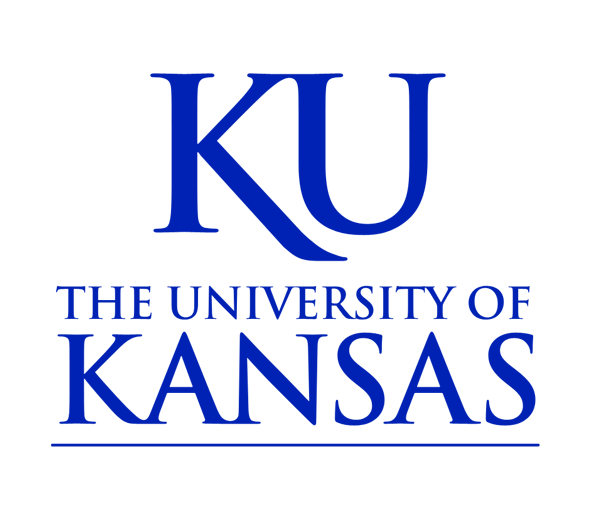Big data is clearly more than just a buzzword—it’s something that’s driving industry forwards and will come to define companies of the future.
Now is an opportune moment to add data analytics skills to your toolkit and learn about business at the same time with a Master’s in Business Analytics (MSBA). So what are the jobs prospects for MSBA graduates?
Value of data analytics skills to employers
These days, you’ll struggle to find many companies that aren’t processing and analysing data. But Forbes found that more than 95% of businesses had some kind of need to manage large amounts of unstructured data.
Jide Wintoki, program director of the new Master of Science in Business Analytics from The University of Kansas School of Business, recognizes that demand from employers is high.
“With the growth in tech and social media, most companies are getting a lot of data,” he explains. “There is industry demand for people that can help make sense of all that data—to ensure its integrity and usefulness.”
Companies may be able to generate vast amounts of data, but it only becomes useful once correctly analyzed. This is where the MSBA can fill the gap.
“What’s unique about the program is the combination of three key aspects,” Jide explains. “Firstly, the technology classes in database management through to cyber security. Secondly, a rigorous training in applied statistics. But lastly and most importantly, it’s applying this to solving business problems.”
The training students take in contemporary skills like Python, SQL, and SaSS, alongside business training in marketing and management mean graduates are well set to offer both the soft business skills that companies need, alongside statistical expertise.
While McKinsey’s skills gap report highlights a shortage of data analysis professionals, it also shows the need for teamwork and networking—the skills integral to a career in business.
“The MSBA gives students that hard data analytics training, but also adds a strong rounding in business know-how,” Jide says. “It’s studying data analytics in a business school environment which can give students the edge.”
Jobs for Master’s in Business Analytics students
According to the Graduate Management Admission Council’s (GMAC) 2019 Corporate Recruiters Survey, 72% of technology companies looked to directly hire Master’s in Business Analytics talent last year.
But while technology may seem the most obvious fit, data analytics can fit into an even more diverse range of jobs and industries.
“Students can fit in across the board—it’s very flexible,” Jide says. “They can expect to contribute positively to almost any business or organization, using the data they have to inform a company’s decision making, strategy, and act as a catalyst for growth.”
Typical roles include marketing analyst, supply chain analyst, and management consulting, across to roles in healthcare analytics and finance.
“It’s hard to think of any organization that wouldn’t benefit,” Jide says.
The salary potential for candidates is great, too. According to GMAC, the median starting salary for MSBA students is $85,000. According to Payscale, salaries for Management Consultants rise to over $140,000 at top companies like Deloitte and Accenture, making a strong case for a high return on investment.
Who is a Master's in Business Analytics for?
On a MSBA program you’ll find both students with a data-savvy background learning to apply these skills to business scenarios, alongside those with a stronger understanding of business concepts eager to sharpen their ability to handle data.
Shorter than the traditional US two-year MBA programs, the University of Kansas MSBA is more intensive and lasts just one year. Furthermore, MSBA candidates don’t require the work experience required of an MBA—the program can be taken directly after an undergraduate program.
Importantly, the KU School of Business MSBA program is a STEM designated degree program—giving international students the benefit of extending their stay in the US by 24 months compared to non-STEM programs.
It’s a great incentive for international candidates to stay for longer in the US, where the H-1B visa lottery has made it increasingly hard to stay on and work.
Given the amount of incoming data into the business sphere, and the opportunities that lay ahead for those companies who are able to effectively apply it, MSBA graduates are well placed for a top career.








